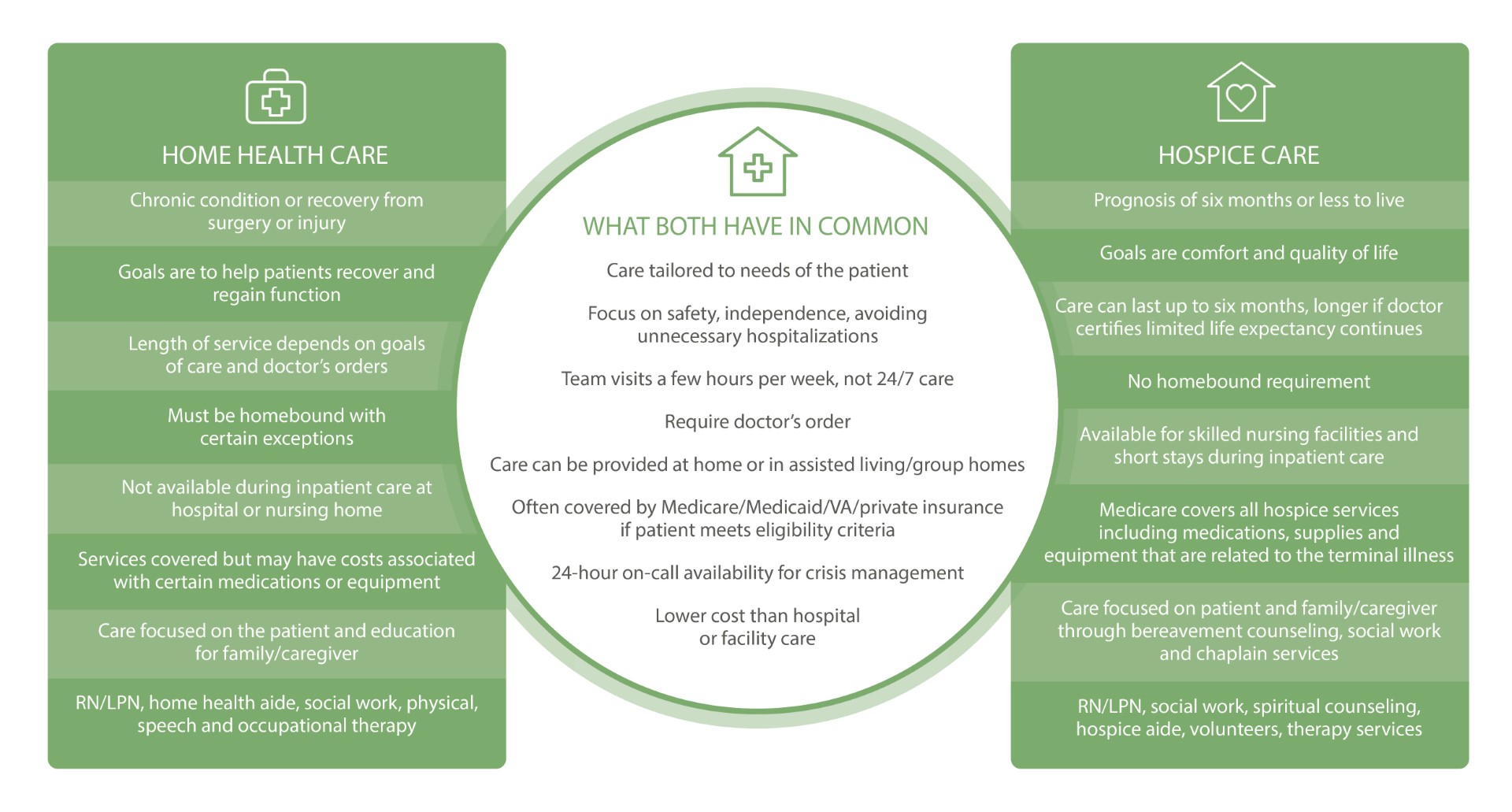So for example, consider a plan with a $5,000 in-network deductible and a $7,000 cap on in-network out-of-pocket expenses. The patient has a small surgery that costs $4,000 after the insurance company's network-negotiated discount however includes an additional $1,500 expense from an out-of-network anesthesiologist. The patient will need to pay the anesthesiologist's costs, but a total of $5,500 will be credited towards his out-of-pocket limitation for the year, suggesting he'll only require to spend another $1,500 before his insurance begins to pay all of his covered in-network costs completely.
Some states have actually tackled the problem on their own, however in most states, surprise balance expenses are still common. So in basic, the more questions you ask ahead of time, the much better off you'll be. Inquire about the insurance coverage network participation of any service providers who might deal with youdirectly, or indirectly, as would be the case with resilient medical equipment materials, radiologists, and labs.
Welcome to Medical Economics' blog area which features contributions from members of the medical neighborhood. These blogs are an opportunity for bloggers to engage with readers about a subject that is leading of mind, whether it is practice management, experiences with clients, the industry, medicine in basic, or healthcare reform.
In the present day, healthcare has come to imply every aspect, service and device for looking after your health. It has ended up being conscripted by federal government, political leaders, political ideologues, 3rd celebrations and media to conveniently and neatly define whatever they want to "give" you. By merely becoming involved, these middlemen are diluting the quality of the actual health service you can accomplish, be they federal government or insurance providers.
Healthcare is not a thing at all to be offered, purchased or sold, but an entire ecosystem with lots of unique moving parts that are just connected by virtue of the existence of the patients. Each patient, having individual needs, will have a landscape that fits the requirements of their own health, and one that will change with time.
Top Guidelines Of What Are Provider Services In Home Health Care
The larger health care landscape includes all products, services, and payment mechanisms for accomplishing and maintaining one's health. It includes, but is not limited to: physician workplaces, health centers, laboratories, radiology centers, physical treatment offices, pharmaceutical business, drug stores, and now medical insurance companies, group acquiring organizations, pharmacy advantage supervisors, business healthcare systems, and mixes of insurance/PBM/pharmacy and much more.
In 100 percent of interactions, insurance coverage has inserted itself. For easier interactions, insurance serves to keep expenses hidden and high. Medical insurance was initially an economical stop-gap/stop-loss step to help people reduce costly life-threatening health risk expenses, like those triggered by illness and injury. Now, through 100 years of federal government intervention, law and "health policy," medical insurance has actually ended up being bloated, pricey, inefficient and tough to access and usage.
Medical insurance is neither health nor healthcare, however only a third-party payment system. When you have federal government sponsored taxpayer paid health insurance like Medicare or Medicaid, federal government entities and political leaders and their paid third-party administrators decide what you can and can not have. When you have employer sponsored health insurance, the company "purchases" the policy with cash that you have actually made or warranted for your compensation plan.
See how both situations more divorce the client from option and from the physician or other care entities?Free market concepts have actually not failed healthcare, however healthcare hasn't been allowed to naturally utilize the free enterprise in practically a century (true or false? moral hazard is always bad when it comes to utilization of health care services). (Not too surprisingly, due to federal and state government laws and policies, many aspects of the healthcare community have been manipulated, cancelled or downright banned.
How can a private decide on on their own if government and 3rd parties are paying? They can't. There's the rub for all who advocate mingled medicine, federal government single-payer, company based medical insurance, or anything but the first-party transaction of the client choosing and paying the caregiver straight. So "healthcare"- all the markets, interests, services and products that make up the ecosystem-must be allowed by government to accept the efficiency and fairness of the totally free market.

What Does Fear Do In Seeking Health Care Services Things To Know Before You Get This
The totally free market responds to wants and needs by supplying these items and services with outstanding quality, effectiveness and numerous rate alternatives. Quality increases and cost comes down through free enterprise competition, not government order. All patients, governments, and all of, so-called, "health care," would gain from direct free enterprise competitors.
So, let's not utilize the word "healthcare," as it is far too broad. Individuals keep getting it puzzled with insurance coverage "protection." There's health insurance coverage, which must be called illness insurance. And treatment, which is what physicians do. People need to be accountable to look after their own health with their own unique value systems.

Health service shipment systems that are safe, accessible, high quality, people-centred, and incorporated are important for moving towards universal health coverage. Service shipment systems are responsible for offering health services for patients, persons, families, communities and populations in general, and not only care for clients. While patient-centred care is frequently understood as concentrating on the individual looking for care (the patient), people-centred care incorporates these scientific encounters and likewise includes attention to the health of people in their neighborhoods and their vital role in forming health policy and health services.
WHO is supporting nations in moving towards universal health coverage through enhancing the performance and efficiency of their health service delivery systems.
1. A company entity that supplies inpatient or outpatient testing or treatment of human disease or dysfunction; dispensing of drugs or medical gadgets for treating human disease or dysfunction. 2. A treatment carried out on a person for diagnosing or dealing with an illness (what is cost shifting in relation to the pricing of health care products and services?).
3 Easy Facts About Health Care Agency What Kind Of Interview Would You Conduct On A Client Seeking Services Explained
HEALTH SYSTEM: all the activities whose primary function is to promote, bring back or preserve health (The World Health Report Home page 2000 Health systems: enhancing efficiency) DEFINITIONS FROM THE WHO GLOSSARY OF TERMS (available at: http://www.wpro.who.int/chips/chip04/definitions.htm). A medical facility that offers a series of various services for patients of different age and with varying illness conditions.
A healthcare facility at the very first referral level that is accountable for a district or a defined geographical location including a defined population and governed by a politico-administrative organization such as a district health management team. The function of district hospitals in primary health care has been broadened beyond being dominantly alleviative and corrective to consist of marketing, preventive, and academic functions as part of a main health-care technique - what is the effect on the price of health-care services over time?.
A centre that provides services which are typically the first point of contact with a health expert. They consist of services supplied by family doctors, dental experts, neighborhood nurses, pharmacists and midwives, to name a few. All graduates of any professors or school of medicine, actually operating in the nation in any medical field (practice, mentor, administration, research study, laboratory, and so on).
The person might or might not have previous nursing education. All individuals who have completed a programme of fundamental nursing education and are qualified and registered or licensed to supply responsible and skilled service for the promotion of health, avoidance of illness, the care of the sick, and rehabilitation, and are in fact operating in the country.